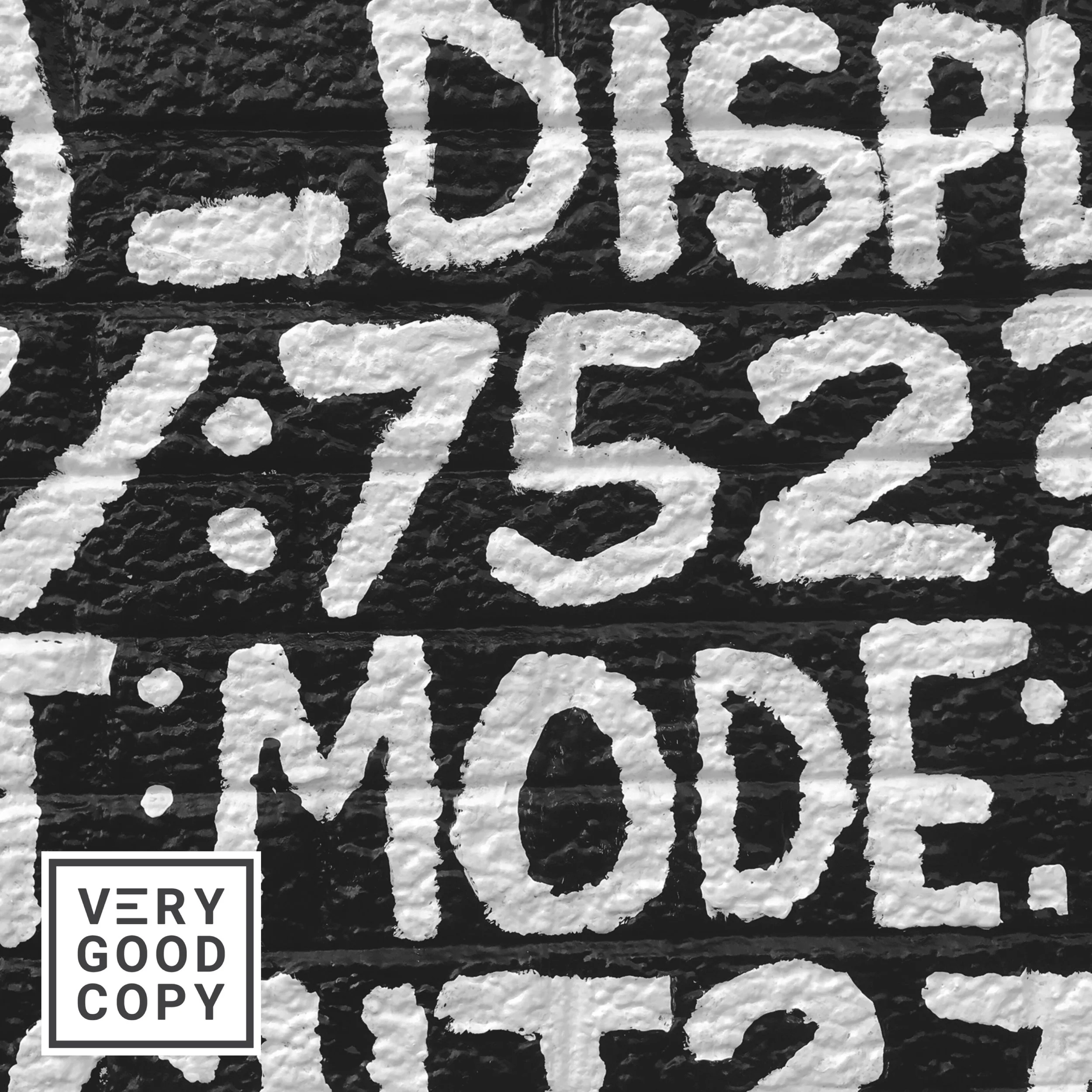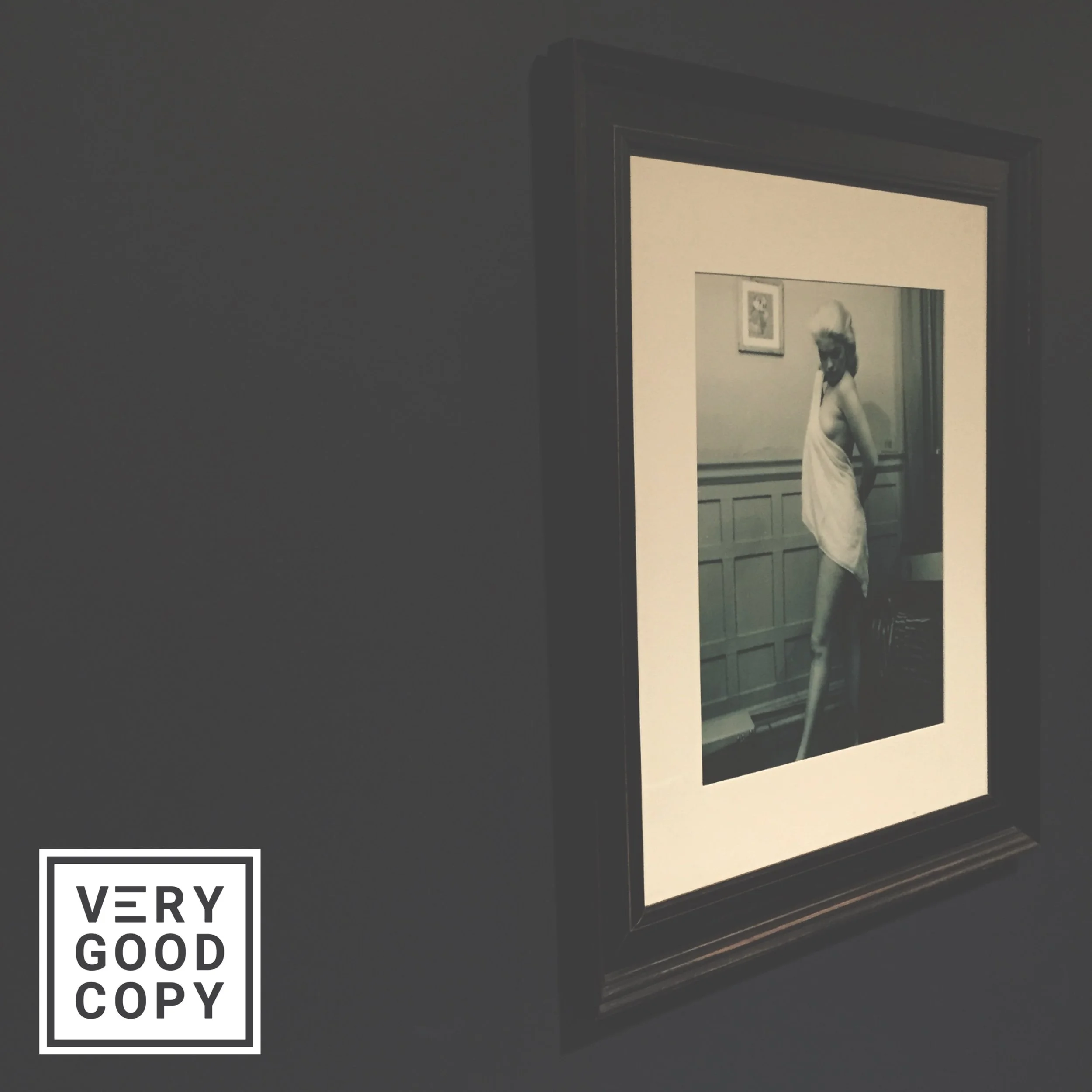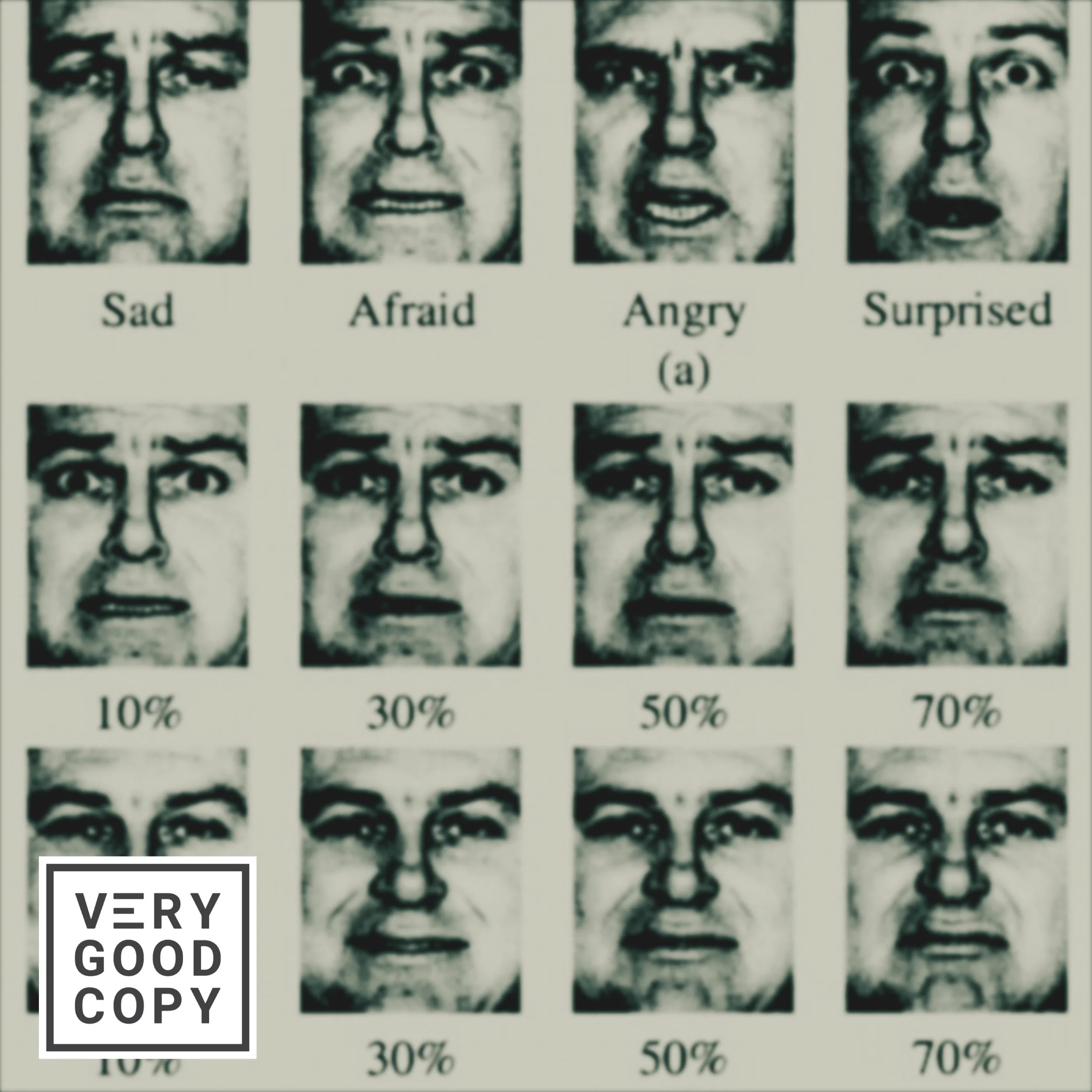
When I was small, my grandma read to me before bed.
Every night, I’d listen and listen and listen and … “Wait!” I’d say. “What's that word mean?”
“This word?” said my grandma, pointing to it.
It was a Russian word because we were reading a Russian book. I was born in Ukraine when it was still part of the USSR. When I was a year old, my family came to Chicago.
My parents went to work and I stayed home with my grandma, my babulya.
![How to read 52 books a year, just like that [art] SQUARE.jpg](https://images.squarespace-cdn.com/content/v1/5615edeae4b0b9df5c3d6e90/1518481562986-AXHXM2U0QFWZLT7EBUWU/How+to+read+52+books+a+year%2C+just+like+that+%5Bart%5D+SQUARE.jpg)
Her name was Sofia.
“Yeh,” I said. “What's it mean?”
She always knew the definition.
“Are there any words you don't know, Babulya?” small-me asked.
“Maybe,” she smiled. “I don't know, baby.”
Years later, in college, I took RUSSIAN-400 for the easy credit. When I came home, I quizzed my grandma from the textbook, asking her to define the biggest words I could find.
Still, she always knew the definition.
“How did you build your vocabulary, Babulya?” big-me asked.
“I just read a lot,” she said.
The best way to develop your vocabulary is by reading.
The best way to process and internalize information is by reading it.
The best way to become a more versatile writer — capable of adapting your voice and style to meet the worldview of any audience — is by reading other writers.
And if you don't read, then … well … you have no advantage over an illiterate person.
By 9 o’clock I was in bed, listening to my grandma’s voice.
Around 9:45, she’d stop and look up at me. “I think that's enough for tonight,” she said. “Did you like it?”
“Uh-huuuh.”
“Me, too,” she said. “It’s a good one.” Then she kissed me and turned off the lights and closed the door. For years, we finished a book a week this way — 45 minutes at a time — and so can you.
How to read 52 books a year
It’s easier than you think.
It boils down to a simple three-step process:
Step One: Know your reading speed.
This will inform how long you'll need to read each day.
Here’s how to test your speed: pick up a book, set your phone timer for 60 seconds, and start reading. When the timer goes off, stop and count the number of lines you read to get your lines/minute. Now multiply that number by 10 (because the average book holds 10 words/line) to get your words/minute. Easy.
Most people fall somewhere between 200 - 250 words/minute and, according to Amazon, the median number of words per book is about 64,000.
That means it’ll take most people about 320 minutes to finish a median-length book cover-to-cover. Divided by 7, that’s about 45 minutes of reading per day. That's a TV show.
In other words, most people can read 52 books a year in minutes — not hours — a day.
Step Two: Schedule your reading time.
This’ll hold you accountable.
Scheduling anything (e.g., a date; a hair appointment; a personal training session) makes it real. It lends gravity and urgency to the event.
That said, if you’re a morning person, read in the morning. If your brain works best after dinner, read after dinner.
Scheduling around your peak hours will make forming the habit easier, less stressful.
Step Three: Keep an active reading list.
This’ll galvanize your routine.
It’ll keep you motivated, eager to continue reading week after week.
“‘The End.’ We finished another one!” said my grandma.
“What’s next?” I demanded. “What's neeext?”
“Let’s check our list,” she said, turning over the bookmark. “Want to read Timur and His Squad?”
“Maybe. What’s it about?”
“It’s an old story,” she said. “I remember when my babulya read it to me.”
“Really?”
“Yes,” she smiled. “Want to try it?”
“Yes.”
“Then we will,” she said. “Goodnight, baby. I love you.”
LEARN TO PERSUADE
![VeryGoodCopy [Logo] DARK.png](https://images.squarespace-cdn.com/content/v1/5615edeae4b0b9df5c3d6e90/1521944037341-S5CUGJQGASBVCF3AO8WO/VeryGoodCopy+%5BLogo%5D+DARK.png)
WRITE BETTER.
MARKET BETTER.
SELL MORE.
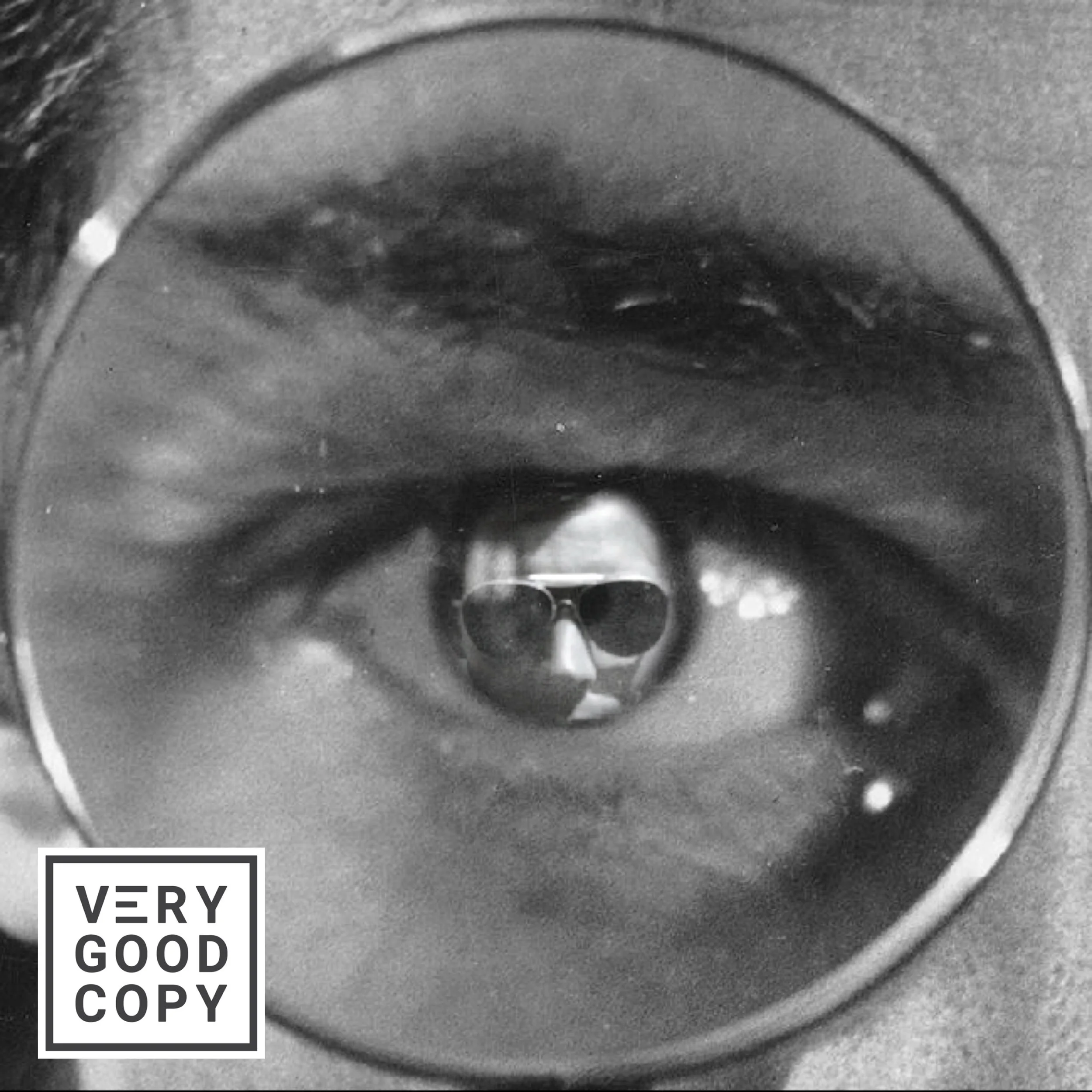





































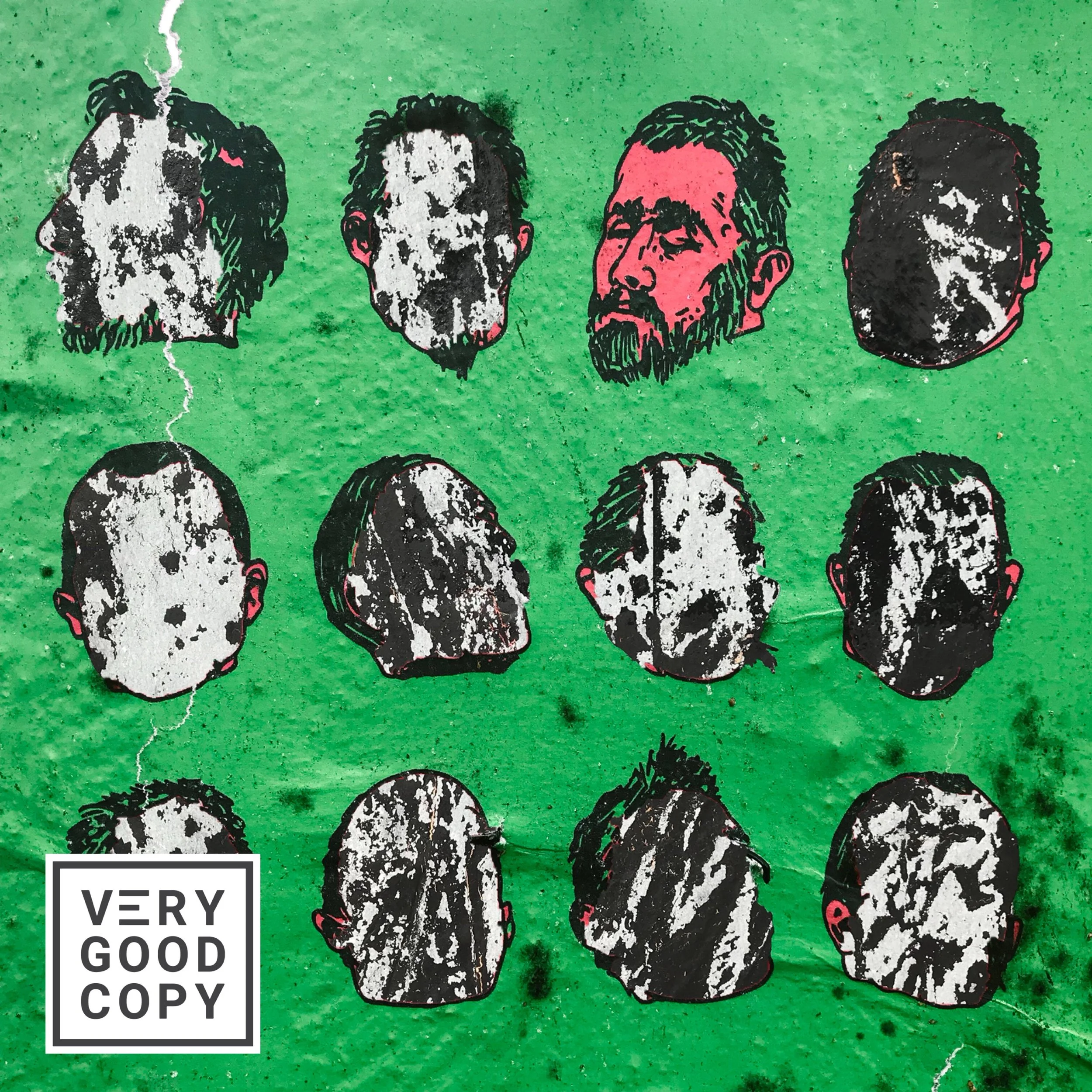

![How copywriters put prospects in the buying mood [quick trick]](https://images.squarespace-cdn.com/content/v1/5615edeae4b0b9df5c3d6e90/1533095575515-C2JPAZA3C46IBX00EMM8/Put+prospects+in+the+buying+mood+%5BVGC+art%5D.JPG)



